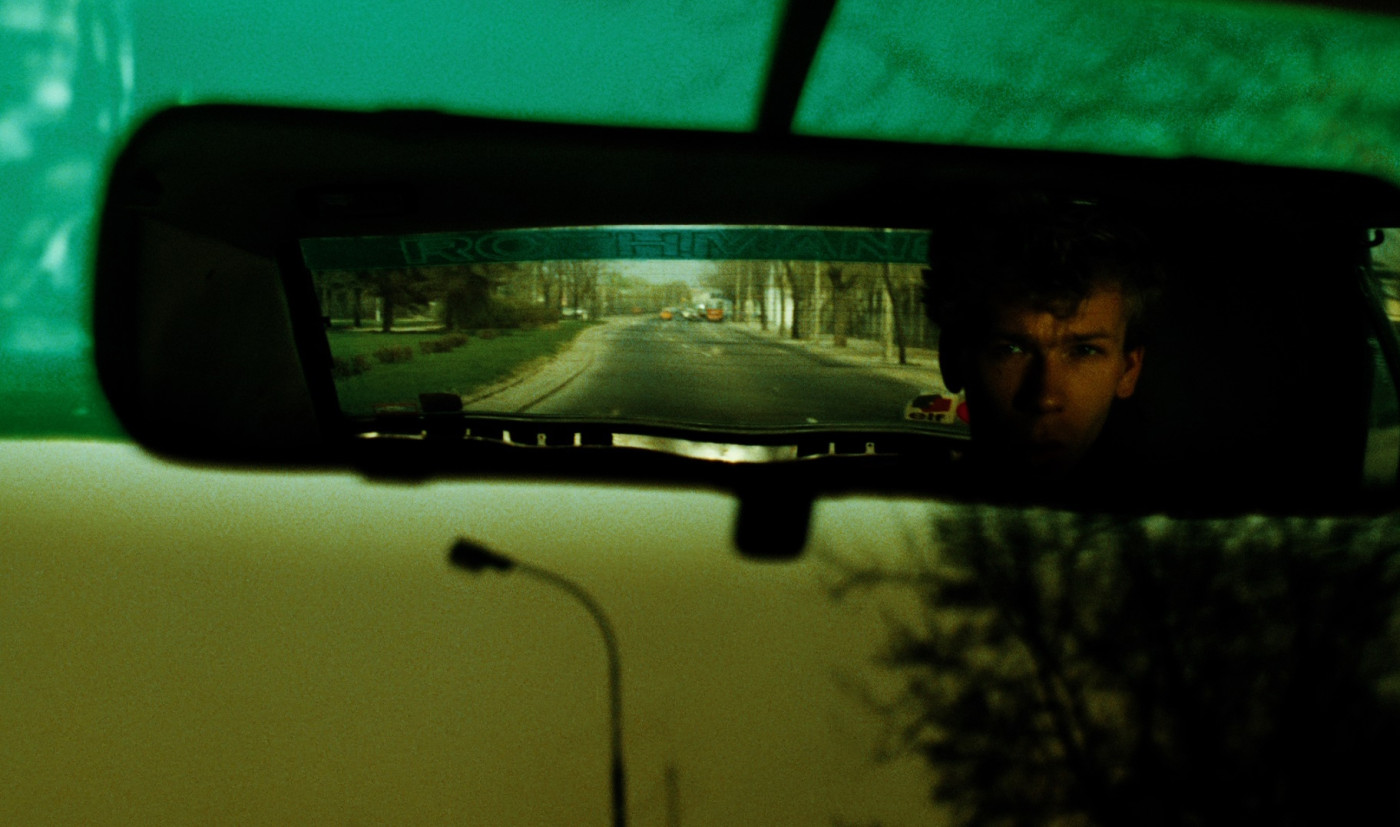
Six Close Encounters 2017 / Krótki film o zabijaniu / Poland 1987
Why Krzysztof Kieślowski? Because I miss him a lot. He was a unique artist who told us so much about the world and about ourselves. I chose A Short Film about Killing, which can be summarised in just one sentence: a twenty-year-old man murders a taxi driver, and is convicted and hanged. It is a story about a world where evil is commonplace. All the more reason to bring this film to the audience’s attention once again. As a powerful warning.
Barbara Hollender


Why Krzysztof Kieślowski? Because I miss him a lot. He was a unique artist who told us so much about the world and about ourselves. Today, his wisdom, tolerance and boundless honesty would be so important. I love his powerful dramas, such as Camera Buff, Blind Chance and the Three Colours trilogy, but I chose A Short Film about Killing, which can be summarised in just one sentence: a twenty-year-old man murders a taxi driver, and is convicted and hanged. So little, yet so much. It is a film about two deaths: one brutal, dealt in cold blood, and the other one equally brutal, but occurring in the majesty of law. A cry in defence of human life. It is also a story about a world where evil is commonplace. I think that, today, when armed conflicts are waged in various parts of the world, when terrorism is growing, nationalism is revived, and social life is steeped in aggression, this film needs to be brought to the audience’s attention once again. As a powerful warning.
Barbara Hollender
85 min / Color, DCP
Director Krzysztof Kieślowski
/ Screenplay Krzysztof Kieślowski, Krzysztof Piesiewicz
/ Dir. of Photography Sławomir Idziak
/ Music Zbigniew Preisner
/ Editor Ewa Smal
/ Art Director Halina Dobrowolska
/ Producer Krzysztof Zanussi
/ Production Studio Filmowe TOR
/ Cast Mirosław Baka, Krzysztof Globisz, Zbigniew Zapasiewicz
/ Sales Studio Filmowe TOR

Krzysztof Kieślowski (1941, Warsaw – 1996, Warsaw) graduated from the National Film School in Łódź (1969). He worked as a documentarist for years before gradually moving over to features. His early films often dealt with issues involving “the average work day” in socialist Poland, and he became one of the leading figures of Poland’s “cinema of moral anxiety.” His dramatic output is characterized by a generalizing message, in which the themes that come to the fore treat ethical and moral ambiguity, coincidence, and fate as determining forces in human life. He grabbed the attention of the world with the ten-part TV series “Decalogue” (1987–89), a reinterpretation of the Ten Commandments, two episodes of which were expanded and released in theaters (A Short Film about Killing, 1987; A Short Film about Love, 1988). He ended his career with the psychological mystery The Double Life of Veronique (1991) and the loose trilogy Three Colours (1993–94).
Studio Filmowe TOR
ul. Puławska 61, 02-595, Warszawa
Poland
Phone: +48 228 455 303

Barbara Hollender
Journalist
First-hand brews throughout the year.
Be among the first to learn about upcoming events and other news. We only send the newsletter when we have something to say.